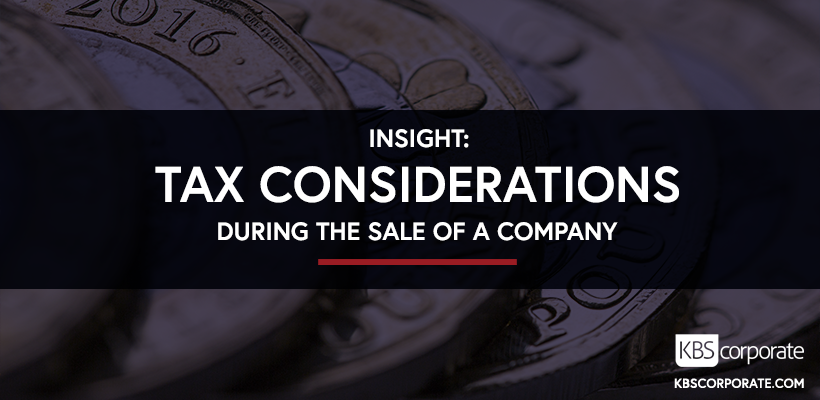Guide to Tax on Selling a Business
The single biggest cost of selling a business is often tax, and a buyer will naturally have questions relating to this area. As such, expert advice to minimise your risks and burden is invaluable.

How much tax will I pay when selling a business?
Tax paid following the sale of your business will be determined by numerous factors, including whether you are selling the entirety or a share of your company.
The structure of your business will lead you to one of several applicable tax rates, which include Capital Gains Tax (CGT) and Corporation Tax.
There are ways in which you can mitigate your tax liabilities, with schemes such as Business Asset Disposal Relief (BADR) enabling you to pay less. Further allowances include:
- Business Asset Rollover Relief
- Gift Hold-Over Relief
- Deferral Relief
Five considerations for tax on selling a business
Capital Gains Tax (CGT) on a business sale
You may be required to pay CGT if you make a profit when selling your business. CGT is applied exclusively to the value of the profit made and not the total amount received.
The assets you may need to pay tax on include:
- Land and property
- Plant and machinery
- Company shares
- Registered trademarks and intellectual property
Business Asset Disposal Relief (BADR) when selling a business
You could qualify for the BADR scheme, initially introduced as Entrepreneurs’ Relief, allowing you to reduce the tax on gains when selling your business.
If eligible, BADR can reduce the rate of CGT to 10% when disposing of your business or assets. The scheme allows you to claim relief for up to £1million in your lifetime and you are required to have owned your business for over two years.
Corporation Tax when selling a business
You will be required to pay Corporation Tax on profits for a business operating as one of the following:
Limited company
Foreign company with a UK-based office
Club, co-operative or other unincorporated association
Taxable profits include the money your business generates from trading and investments.
If you are looking to sell a limited company and wish to dispose of company assets, you may also be subject to Corporation Tax on chargeable gains. Typically, the gain is the difference between what you originally paid for the asset and what you will be selling it for.
Deferral Relief
When selling your business or disposing of an asset, you usually pay CGT for the tax year in which the transaction takes place.
Deferral Relief allows you to treat the gain as not arising until a future date if you decide to acquire Enterprise Investment Scheme (EIS) shares. Subsequently, the gain may be charged to CGT in a later tax year during which you dispose of the EIS shares.
Tax implications of shares
In some cases, you may consider accepting shares as payment for your business, allowing you to defer your CGT liability and, potentially, qualify for relief from Inheritance Tax.
However, shares may result in the loss of BADR. K3 Tax Advisory, a sister company of KBS Corporate, boasts a team of skilled tax specialists capable of working alongside you to weigh up the pros and cons of accepting shares as payment.
The key to managing tax on selling a business: Start planning early
Early planning can prepare you for a smooth process, allowing you to consider all tax implications before you look for a buyer. There are tax liabilities to weigh up whether it is a full or partial sale you wish to pursue and identifying your own goals will provide you with a structured approach.
If you wish to find out more about tax implications and how KBS Corporate can help mitigate these, please do not hesitate to get in touch.